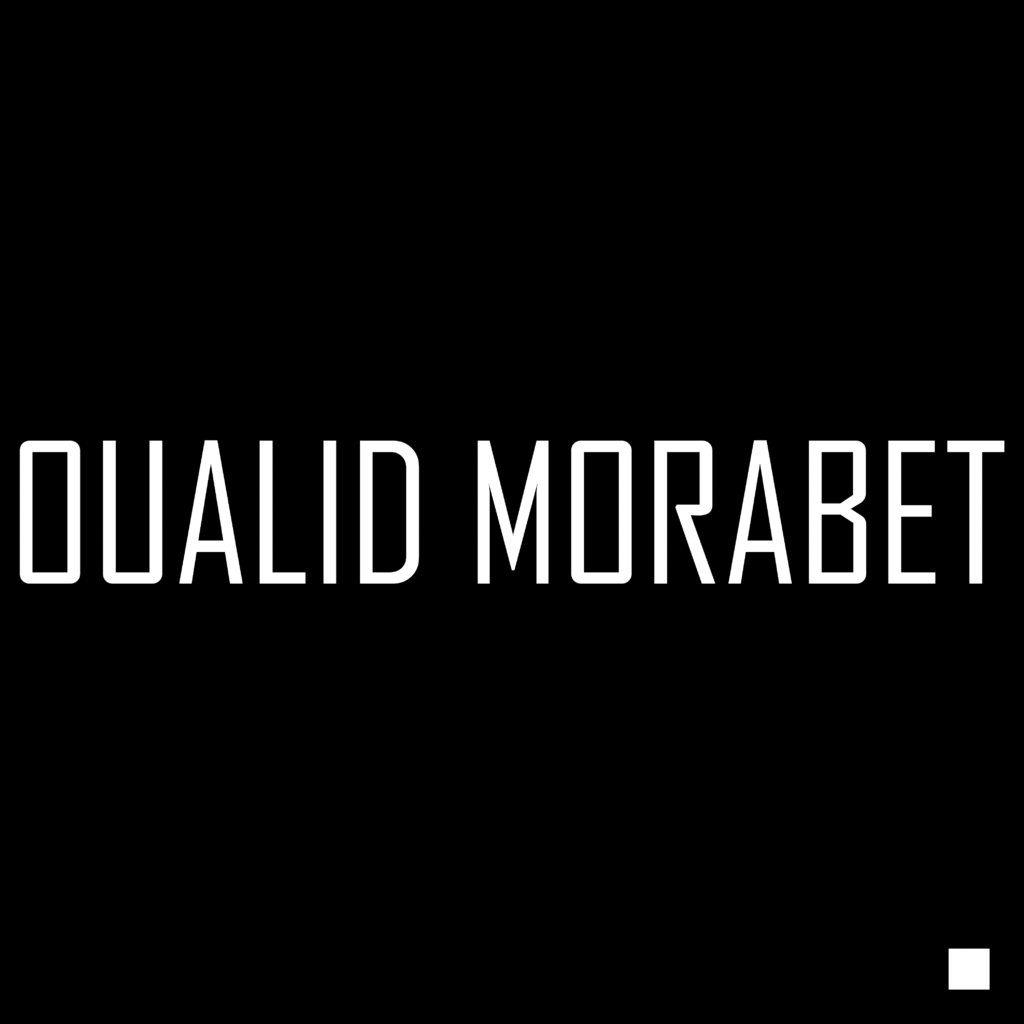Introduction
A landing page is more than just a web page — it’s a sales machine. Whether you’re running Google Ads, promoting an email campaign, or launching a new product, your landing page is where curiosity turns into action.
But here’s the truth: most landing pages fail. Studies show that the average landing page conversion rate is just 2.35%, while the top 25% convert at 5.3% or higher. What makes the difference? The answer lies in design psychology, content strategy, and UX principles.
This guide breaks down the anatomy of a high-converting landing page and gives you a framework you can use to create pages that turn visitors into leads, and leads into paying customers.
1. What is a Landing Page?
A landing page is a dedicated web page built for one specific purpose:
- Capturing leads.
- Selling a product/service.
- Driving sign-ups for a webinar, newsletter, or offer.
Unlike a homepage, which has many links and navigational options, a landing page is laser-focused on one CTA (Call to Action).
💡 Example: A Google Ads campaign for “SEO Audit Services” should send users to a custom landing page about SEO audits, not your generic homepage.
2. Why Landing Pages Matter
Landing pages are powerful because they:
- Increase Relevance: Tailored to a campaign.
- Boost Conversions: Clear CTA reduces distractions.
- Improve ROI: Better ad quality scores lower ad costs.
- Provide Insights: A/B testing landing pages shows what messaging works.
3. Anatomy of a High-Converting Landing Page
1. Headline That Grabs Attention
Your headline is the first thing visitors see. It must:
- State the offer clearly.
- Be benefit-driven.
- Use emotional triggers.
Bad: “Welcome to Our Agency”
Good: “Get More Customers with a Professional SEO Audit — Free Today!”
2. Subheadline That Supports the Headline
The subheadline should expand on the promise.
Example: “Discover hidden SEO issues holding back your website and get actionable solutions to rank higher on Google.”
3. Hero Image or Video
- Use visuals that demonstrate the product/service.
- Videos can increase conversions by 86% if they explain value quickly.
4. Value Proposition
Answer the visitor’s biggest question: “Why should I care?”
- Focus on benefits, not features.
- Use bullet points for clarity.
Example:
✅ Find SEO errors hurting your Google rankings.
✅ Get a customized action plan within 24 hours.
✅ Boost traffic and increase sales.
5. Social Proof
Users trust other people more than brands. Add:
- Testimonials with names/photos.
- Case studies.
- Client logos.
- Trust badges (“Secure Payment,” “Trusted by 500+ Businesses”).
6. Clear Call-to-Action (CTA)
Your CTA is the conversion driver. Best practices:
- Use action-oriented text (“Start My Free Trial”).
- Make it contrast in color.
- Repeat CTA throughout the page.
💡 Example of strong CTAs:
- “Get My Free Audit”
- “Start Growing Today”
- “Claim 50% Off Now”
7. Form Optimization
- Ask only for essential information (name + email).
- Use autofill where possible.
- Add reassurance under forms (“We’ll never spam you”).
Every extra form field reduces conversions.
8. Trust & Reassurance
- Add privacy notes (“No credit card required”).
- Highlight guarantees (“30-Day Money Back Guarantee”).
- Display certifications or awards.
9. Mobile Optimization
Over 60% of traffic is mobile. A high-converting landing page must:
- Load in < 3 seconds.
- Have mobile-friendly forms.
- Use vertical scrolling instead of cluttered sidebars.
4. Common Landing Page Mistakes
- Too many CTAs → Confuses users.
- Slow loading speed → Higher bounce rate.
- Long forms → Users abandon.
- Weak headlines → Users leave immediately.
- Stock photos → Lack authenticity.
5. Landing Page Optimization Strategies
A/B Testing
- Test headlines, images, CTAs.
- Small changes = big impact.
Personalization
- Use dynamic text to match ad keywords.
- Example: User searches “Web Design Morocco” → Headline says “Get Your Custom Web Design in Morocco.”
Scarcity & Urgency
- “Only 5 spots left this month.”
- “Offer expires in 24 hours.”
Analytics Tracking
- Use Google Analytics + Hotjar heatmaps.
- See where users drop off.
6. Case Studies
Case Study 1: Unbounce
Unbounce ran a test where they changed a CTA from “See Plans and Pricing” to “Get Started”.
Result: 31% increase in conversions.
Case Study 2: Basecamp
Basecamp used a long-form landing page with testimonials, features, and guarantees. Despite being long, it outperformed short versions because it answered objections thoroughly.
7. Landing Page Tools
- Unbounce – Drag-and-drop builder.
- Instapage – Personalization + heatmaps.
- Elementor for WordPress – Affordable, flexible.
- Google Optimize – Run A/B tests for free.
Conclusion
A landing page isn’t just a webpage — it’s the bridge between attention and action. Done right, it becomes your most valuable sales asset.
The formula is simple:
- Strong headline.
- Clear value proposition.
- Visual proof.
- Social trust.
- Action-driven CTA.
🔮 Final takeaway: Every element should point toward one goal — conversion. Cut the noise, focus the message, and watch your landing page turn visitors into customers.












One Response
Very informative